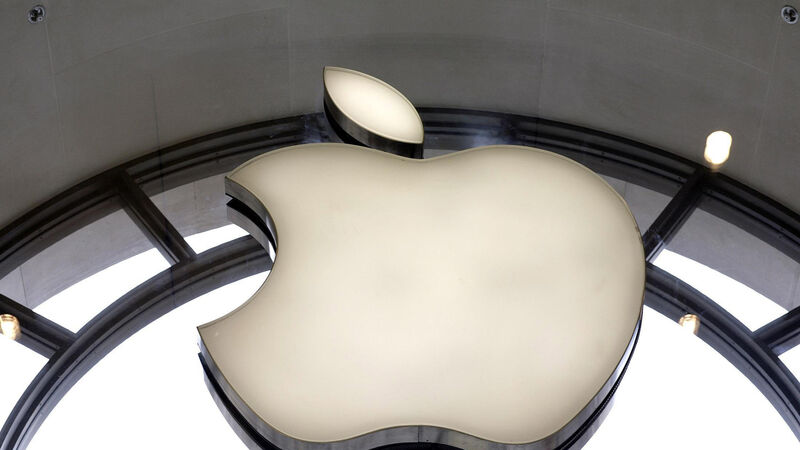Apple argues it is a major force in healthcare world

Apple is arguing that it is a pioneer in health technology and positioned to use it as a growth driver in the years ahead.
Tech giant Apple published a nearly 60-page report outlining all its health features and partnerships with medical institutions, arguing such offerings are key to the tech giant’s future.
The company pointed to its breadth of existing services — from sleep monitoring and fitness classes to atrial-fibrillation detection and cycle tracking — and promised to build on that foundation.










